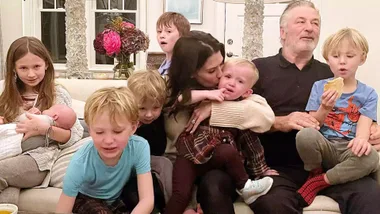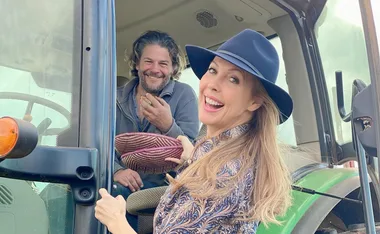As scientists may have found an explanation for autism spectrum disorders, their robot counterparts are being trained up to help kids who are affected.
Max and Ben, two knee-high robots, have been dancing, interacting and playing games with students at a Birmingham primary school since March and have had great success in developing the communication skills of the school’s 30 autistic students.
The autism generation: Why are so many children born autistic?
The robots, developed by the University of Birmingham, have been dubbed “buddies” and are helping to develop interactive learning.
“We have been looking at how technology can support pupils with autism to communicate more effectively,” said Dr Karen Guldberg from the university.
“Pupils and teachers are experimienting with the robots and other technologies in a developmental way and the are showing significant benefits for the classroom.”
The robots cannot display emotions, which means that autistic children find them less threatening and easier to predict, and Ian Lowe, a teacher at the primary school, said the kids just love them.
“The robots have been brilliant at supporting autistic children with their learning,” he said.
“In the future we are looking to see if they can be used to support learning not just at school but at home as well.”
While the robots may help to improve learning and communication skills of children with autism, researchers are getting closer to an explanation and treatment for the disorder.
A new study has discovered a genetic mutation that cuts communication between brain cells to about one-tenth of normal levels has been discovered in people with autism, offering a likely explanation for the cognitive and behavioural difficulties that come with the disorder.
A protein which helps brain cells process data was found to be mutated in autism sufferers, a huge advance scientist’s understanding of autism, which would open up greater possibilities for researchers in the search for autism treatments.
“A treatment is years away,” the study’s principal investigatory Johanna Montgomery from Auckland University said.
“But we now know how it works, we know what goes wrong, so let’s try to figure out a way to fix it.”
Related: The joys and challenges of raising an autistic child
And while that may be years off, the robot treatment seems to be working wonders for autistic kids.
Students from the school said they love playing memory games with them, watching them dance, and according to one of the school’s autistic students, Stephen, the best bit is when they tell Star Wars stories.










.png?resize=380%2C285)
